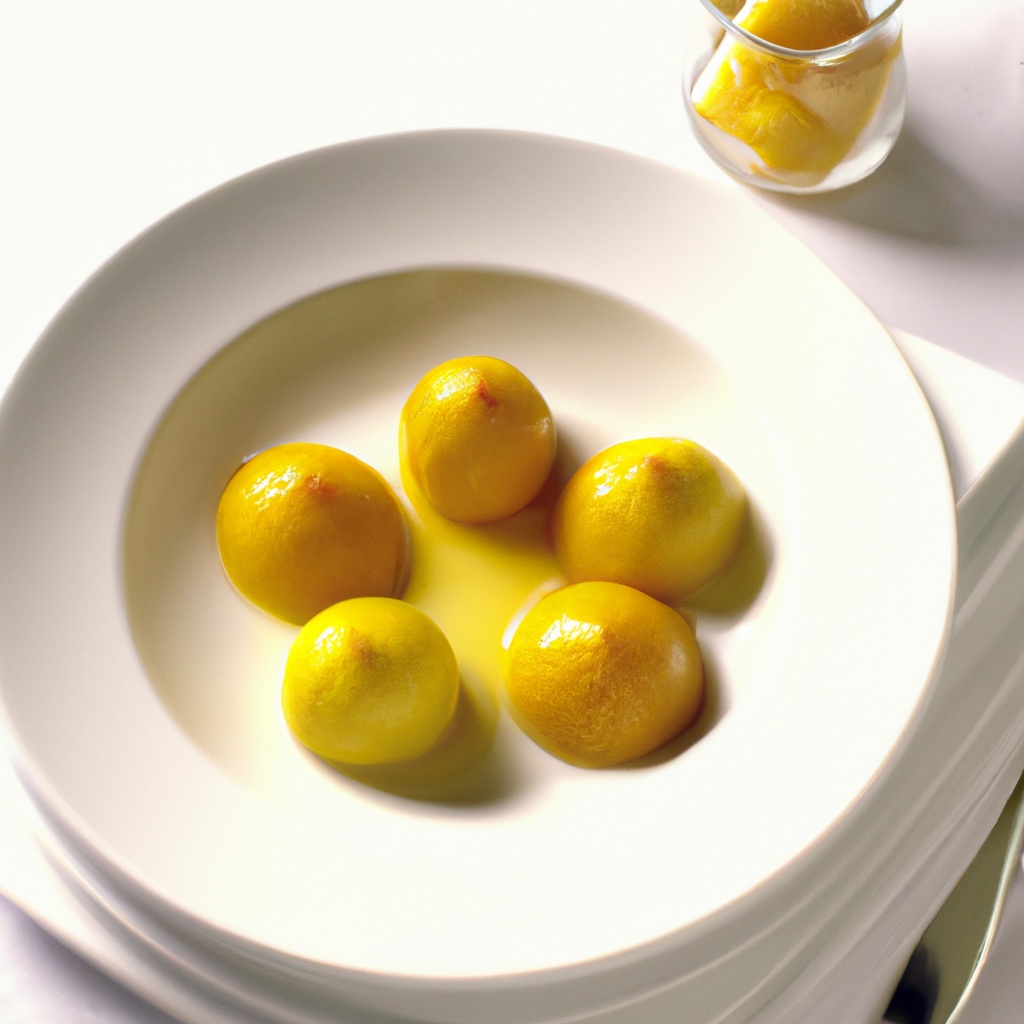PROS
Preserved lemons can add a unique and tangy flavor to a variety of dishes, including Moroccan tagines and salads.
They store well for long periods of time, making them a handy ingredient to have on hand for impromptu cooking.
CONS
The high sodium content of the salt used in the preservation process may not be suitable for those with high blood pressure or other health conditions that require a low-salt diet.
They can also go rancid if not stored properly or used within a reasonable time frame.
HEALTH & BENEFITS
Lemons are a great source of vitamin C, which is important for immune system function and skin health.
They also contain antioxidants that may help protect against chronic diseases like heart disease and cancer.
However, the nutritional content of preserved lemons may be altered compared to fresh lemons due to the salt and oil used in the preservation process.



/rating_off.png)
Leave a Reply